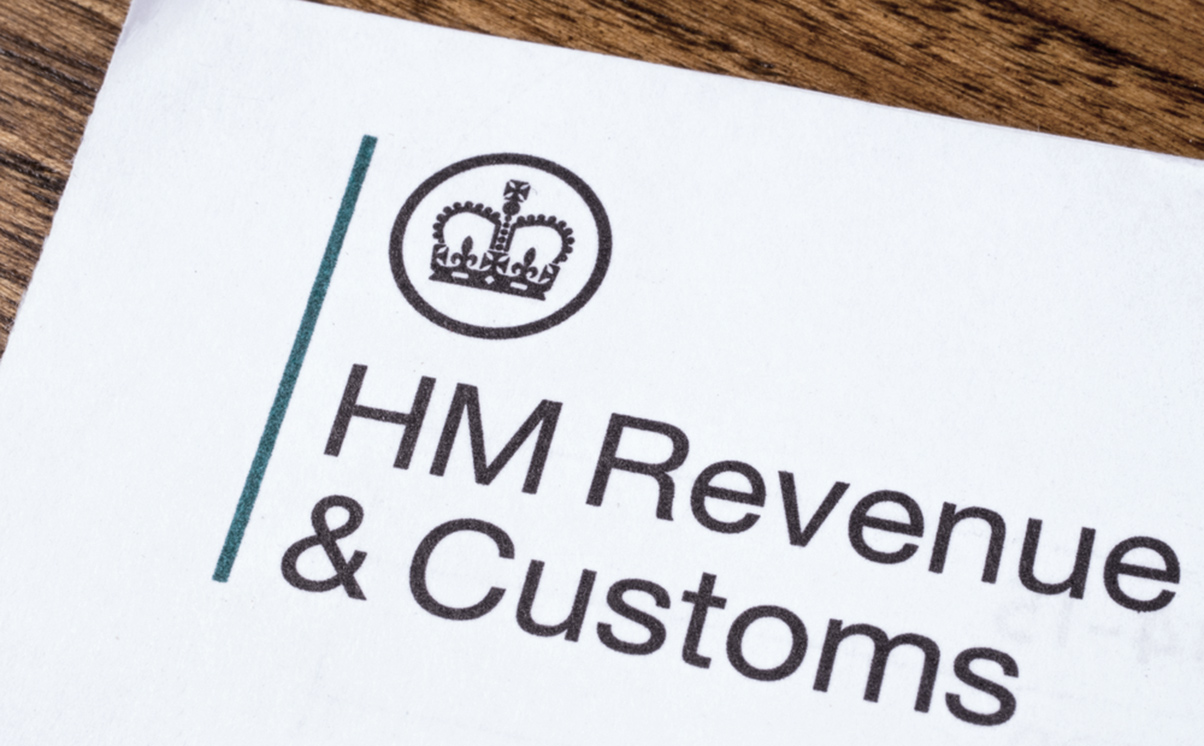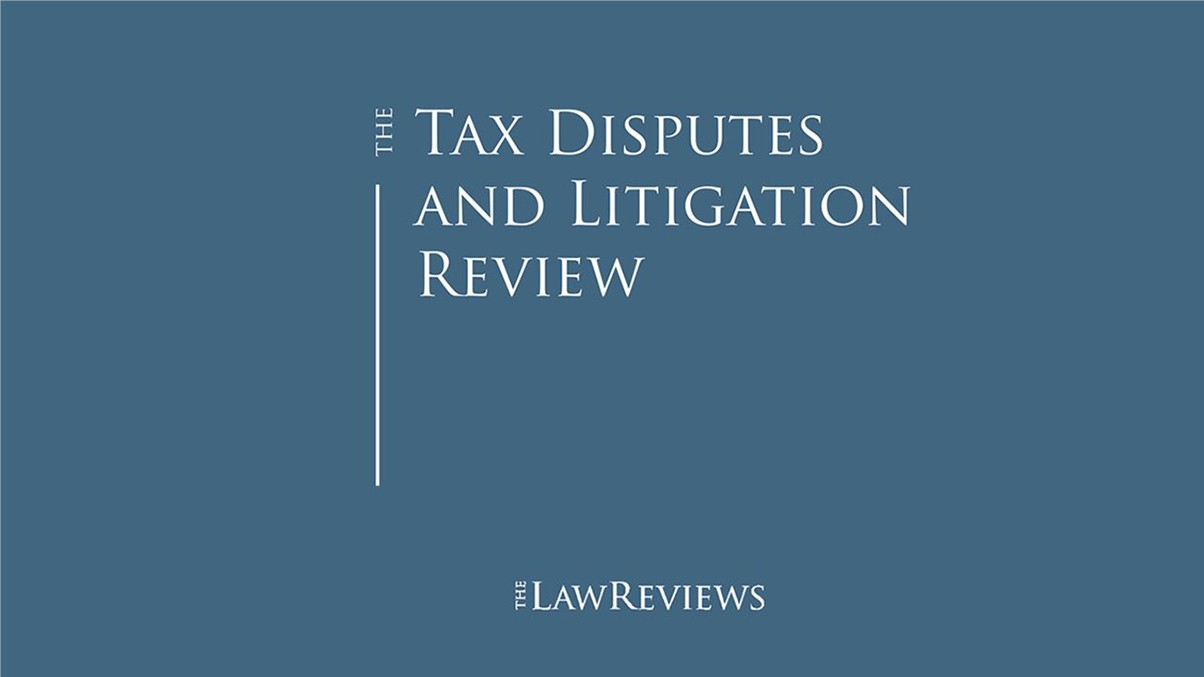Lee Ellis, Victor Cramer, David Pickstone and Cristiana Bulbuc have drafted the United Kingdom chapter of the Ninth Edition of the Tax Disputes and Litigation Review, recently published by The Law Reviews. The book gives information on tax disputes across 22 jurisdictions.
Below is the section of the chapter on penalties and remedies. The introduction can be found here.
Penalties and remedies
The UK penalties regime is highly complex and has been amended on a number of occasions. The current system is largely but not wholly a behaviour-based system. In July 2020, the government released a new 10-year plan for digitalising the tax administration system that included a proposed future wide-ranging review, including the penalty regime. HMRC has previously announced, following extensive consultation, its intention to make changes to tax penalties as follows:
- late submission penalties: replace late filing penalties with a new system of late submission penalties using a points-based model. The amount of the penalties has yet to be announced;
- late payment interest: harmonise late payment interest (and repayment interest) rules for VAT, income tax and corporation tax; and
- late payment penalties: replace the current late payment penalties with a hybrid regime of penalties and penalty interest. Half the penalty, which will be an as yet unspecified percentage of the unpaid tax, will arise when a payment is late by 15 days; the second half of the penalty will arise when a payment is late by 30 days; followed by penalty interest from 30 days (at a rate not yet set) (in addition to late payment interest).
HMRC is separately also conducting a review into the policy on interest within the tax regime.
Generally, penalties apply to:
- errors in tax returns;
- not telling HMRC about a tax liability (this is referred to as a ‘failure to notify’);
- paying tax late;
- filing tax returns late; and
- certain types of VAT and excise wrongdoing.
In some circumstances there may also be criminal sanctions. Criminal penalties relate to fraudulent evasion of income tax; offshore income, assets and activities; tonnage tax, under HMRC’s information powers for the destruction of documents; fraudulent evasion of VAT; and corporate offence of failure to prevent facilitation of tax evasion. The maximum penalty is, on summary conviction, imprisonment for up to six months (which in certain circumstances can be increased to 12 months) or a fine of up to £5,000 (which is the statutory maximum) or both; and on conviction and indictment, imprisonment for up to seven years or an unlimited fine or both (Section 106A(2) and (3), TMA 1970).
The penalties for errors in tax returns and the documents regime apply to all the major taxes, including corporation tax, income tax, capital gains tax, inheritance tax, VAT and stamp duty land tax. The amount of the penalty will be a percentage of the amount of tax at stake (i.e., the tax that would have gone unpaid if the error had not been discovered). This is known as the ‘potential lost revenue’. The penalty percentage depends on the degree of culpability based on a person’s behaviour. A penalty may be reduced depending on whether disclosure of the error was prompted by HMRC or unprompted; and on the quality of such disclosure. A higher penalty can apply to an offshore matter. HMRC has the discretion to reduce a penalty below normal minimum levels if it thinks it is right in special circumstances to do so.
Taxpayers may be liable to penalties if they fail to notify HMRC, by the relevant deadline, that they are liable to pay tax. As with penalties for inaccuracies, penalties for failure to notify are calculated by multiplying the potential lost revenue by a percentage that is determined by the taxpayer’s behaviour.
Penalties apply to individuals within the self-assessment regime who do not pay income tax, capital gains tax or Class 4 National Insurance contributions by the 31 January deadline. Under the current regime, late paid corporation tax attracts only interest but not penalties, unless a company deliberately or recklessly fails to pay the right amount on an instalment date. A new penalty regime for late paid corporation tax will be brought into effect, though the timing and exact details of implementation of this regime are yet to be announced.
In respect of late filings, under Schedule 55 to the Finance Act 2009, penalties apply to individuals within the self-assessment regime who do not file their tax returns by the deadlines. The default surcharge regime combines late payment and late filing penalties for VAT returns. This regime applies as soon as a VAT return or payment is late. The penalty is based on a percentage of the VAT due, which starts at zero per cent and rises to 15 per cent where there have been more than five defaults in a default period. Penalties also apply to companies that do not file tax returns by the deadline, which is 12 months from the end of their respective accounting period (Schedule 188, Paragraphs 18 and 18, FA 1998).
Penalties for a careless (non-deliberate) failure to notify, for late paid tax or for late filing do not apply if there is a reasonable excuse for not complying with the rules.
A tougher penalties regime applies to non-compliance involving an offshore matter especially where arrangements for exchange of information are lacking with that territory. The level of penalty is based on the taxpayer’s behaviour that leads to the understatement of tax, and is linked to the tax transparency of the territory in which the income or gain arises. The maximum penalty for offshore tax evasion is set at 200 per cent of the tax due (as opposed to the standard maximum rate of 100 per cent of the tax due).
HMRC may also apply a penalty to a person other than the taxpayer where the taxpayer submits an erroneous document to HMRC that results in an excess reclaim or underpayment. This only applies where HMRC can show that the other person deliberately supplied or withheld information with the intention that the taxpayer’s document would contain an error.
Any penalty determination may be appealed to the Tax Tribunal, which may set it aside, confirm, increase or reduce it (Section 100B, TMA 1970).
The full UK chapter of the Tax Disputes and Litigation Review Ninth Edition, can be accessed here.
The Tax Disputes and Litigation Review Ninth Edition, can be accessed in full here.
Reproduced with permission from Law Business Research Ltd
This article was first published in March 2021
For further information please contact Nick Barette
© 2021
You can find further information regarding our expertise, experience and team on our Tax Litigation and Resolution pages.
If you require assistance from our team, please contact us or request a call back from one of our lawyers by submitting this form.
Subscribe – In order to receive our news straight to your inbox, subscribe here. Our newsletters are sent no more than once a month.





